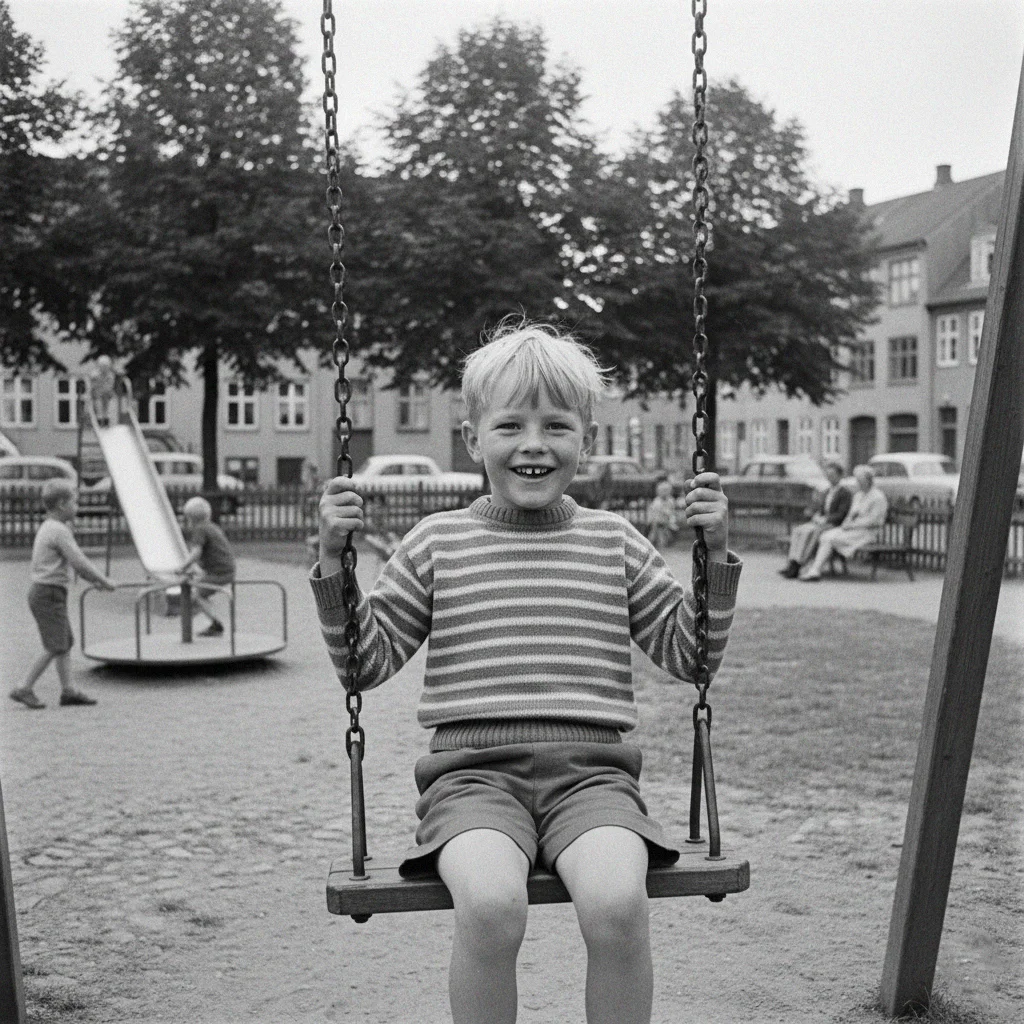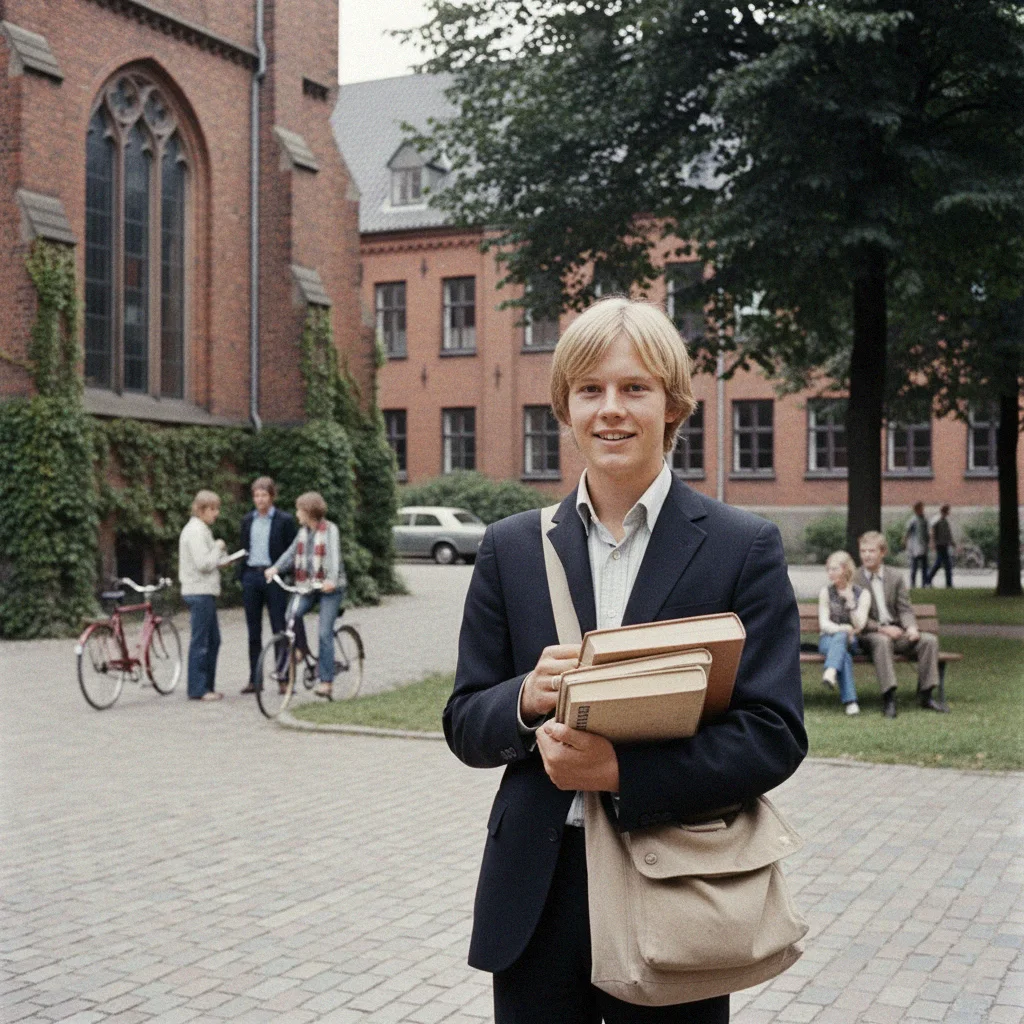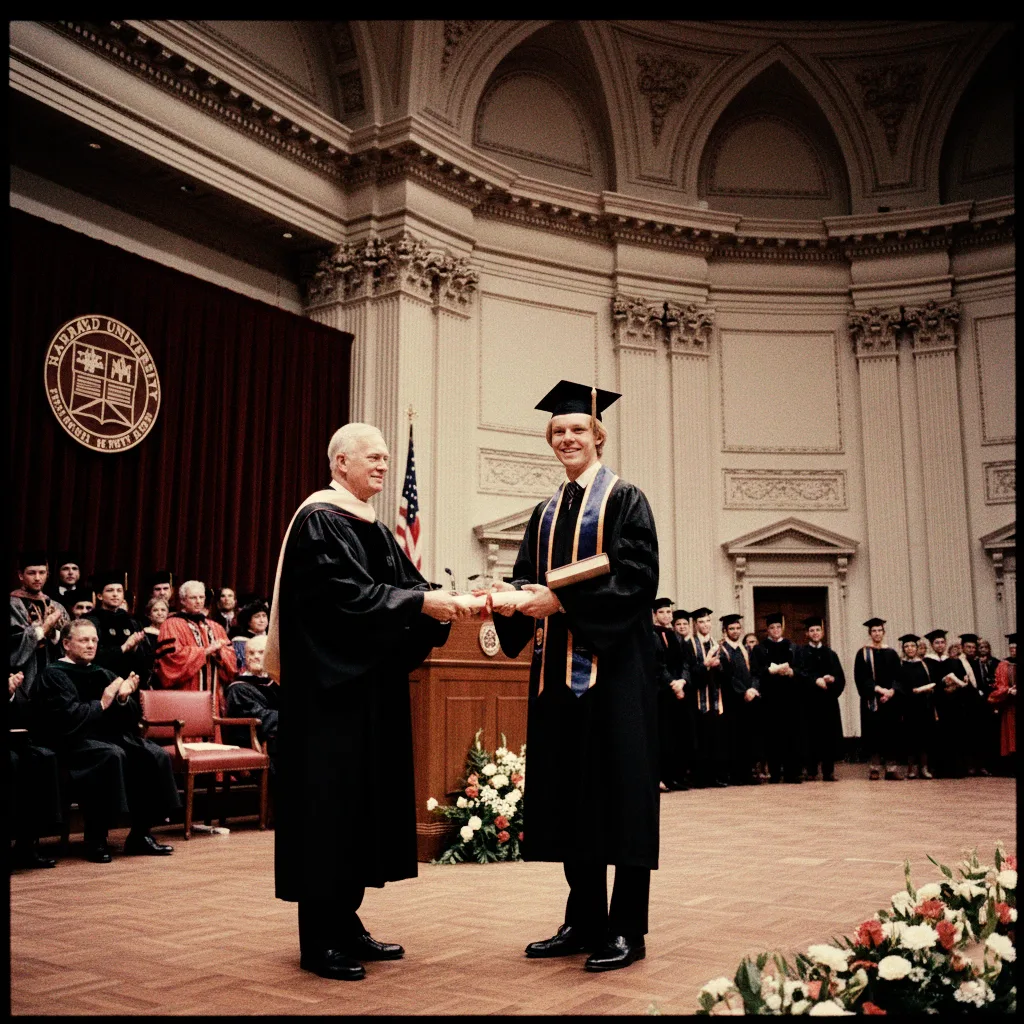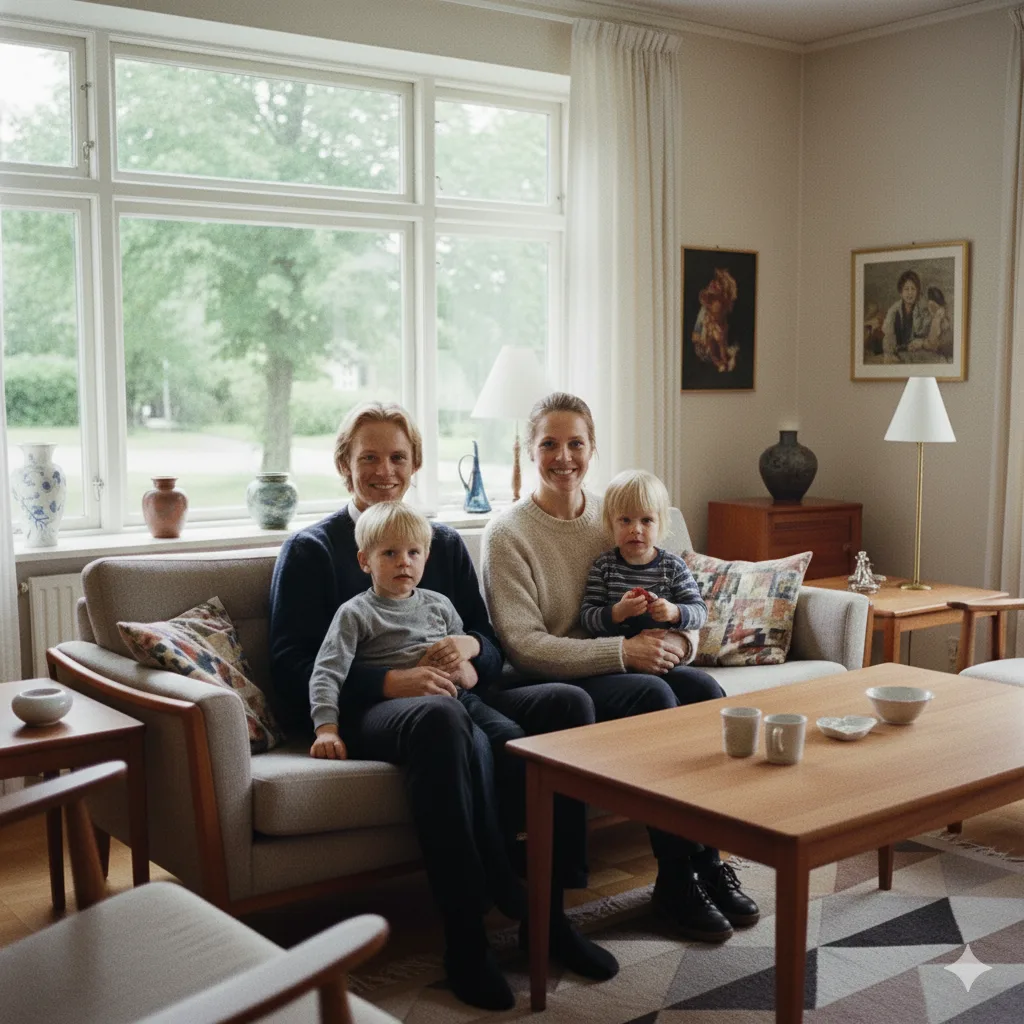Sustainable Futures: The Science of Responsible Growth
– Dr. Markus L. Havelock
Setting the Stage
Dr. Markus L. Havelock’s journey toward shaping sustainable futures is a narrative interwoven with scientific rigor, ethical stewardship, and a relentless drive to align growth with responsibility. From the outset, Markus displayed an extraordinary curiosity about the complex systems that govern our natural, economic, and social worlds. His story is not one of overnight success, but a measured and deliberate journey of discovery, experimentation, and visionary leadership that has positioned him as a preeminent figure in the field of responsible growth.
Born into an era defined by both unprecedented technological innovation and increasing environmental pressures, Markus’s formative years were shaped by a tension that would later define his life’s work: the delicate balance between advancement and stewardship. Raised in a family that valued education and inquiry, he exhibited an early aptitude for scientific observation and analytical thinking. His childhood explorations—ranging from cataloging local flora and fauna to experimenting with renewable energy models—signaled a mind predisposed to systems thinking, one that would eventually merge the empirical with the ethical to craft solutions for a world in flux.
Academic pursuits soon became the natural outlet for Markus’s intellectual curiosity. At university, he distinguished himself not only through the mastery of scientific principles but also through his capacity to see connections across disciplines. Environmental science, economics, engineering, and sociology—all became tools in his hands, enabling him to approach the challenges of growth with both precision and creativity. He became known among peers and professors alike for asking questions that others did not dare ask: What does responsible growth truly mean? How can societies flourish without compromising the integrity of ecosystems? How can technology and policy converge to produce equitable and sustainable outcomes?
This period also marked the beginning of his commitment to translating knowledge into actionable strategies. Markus recognized that expertise alone was insufficient; the true measure of impact lay in the ability to influence systems, organizations, and behaviors. He immersed himself in fieldwork, laboratory research, and policy analysis, developing a unique framework that integrated quantitative metrics with qualitative insights—a methodology that would later define his professional contributions. This approach bridged the often-disconnected realms of theory and practice, allowing him to craft solutions that were both scientifically sound and pragmatically implementable.
By the time Markus entered the professional world, he had already established a personal and intellectual framework for what he termed “responsible growth”—a philosophy that marries economic development with environmental stewardship, social equity, and technological innovation. This philosophy became the lens through which he evaluated every challenge, initiative, and collaboration. It was an approach that would require extraordinary resilience, strategic delegation, and an unwavering resolve, as he confronted the structural, cultural, and practical obstacles inherent in reshaping how societies conceive growth.
This stage of Markus’s life also witnessed the cultivation of a global perspective. He sought experiences beyond his immediate environment—participating in international research collaborations, attending global summits, and engaging with diverse communities facing unique sustainability challenges. These encounters deepened his understanding of the interconnectedness of ecosystems, economies, and human behaviors. He recognized that responsible growth is not a singular goal but a networked process, requiring multi-stakeholder collaboration, cross-cultural empathy, and the capacity to negotiate complex, often competing priorities.
Introduction
In a world increasingly defined by climate crises, environmental degradation, and the urgent need for ethical stewardship, few figures have captured the intersection of scientific insight, policy guidance, and social responsibility as profoundly as Dr. Markus L. Havelock. Honored with an Honorary Doctorate in Sustainable Development and Responsible Innovation, Dr. Havelock has dedicated his life to understanding how humanity can harmonize economic growth with ecological balance, social equity, and long-term resilience.
Born in Freiburg, Germany, to a family of educators and environmental enthusiasts, Markus’s fascination with nature and science began at an early age. Weekends were often spent exploring the Black Forest, observing ecosystems, and questioning the long-term impact of human activity on the environment. His parents instilled in him the idea that knowledge is only valuable if applied to improve the world, a principle that would later guide his career in sustainability science and global advisory roles.
During his university years, Markus pursued an interdisciplinary path, combining environmental engineering, economics, and social policy. He quickly recognized that addressing sustainability challenges required more than technological solutions; it required a systemic understanding of society, policy frameworks, and the ethical dimensions of growth. His thesis on renewable energy integration and equitable resource distribution won multiple awards and laid the foundation for a career dedicated to bridging science and societal application.
Over decades, Dr. Havelock has influenced policy, shaped corporate strategy, and mentored generations of sustainability leaders. His work spans from local community initiatives to advising governments and international institutions, demonstrating a rare ability to translate complex environmental science into actionable strategies that respect both people and planet.
This biography traces Dr. Havelock’s life and work through five pivotal phases, each marking the evolution of his vision, influence, and contributions. From formative experiences in nature and academia to global leadership in sustainable innovation, these phases reflect a life committed to demonstrating that responsible growth is not a moral luxury, but an urgent imperative.
Phase 1: The Seeds of Awareness
 The earliest phase of Dr. Havelock’s life was marked by curiosity, observation, and a deep sense of responsibility toward the natural world. Growing up in Freiburg, Markus was immersed in a community that valued scientific inquiry, environmental stewardship, and civic engagement. His parents, both teachers, encouraged him to question the world and to document his observations meticulously. This upbringing instilled in him an appreciation for both empirical evidence and the moral obligation to use knowledge for the greater good.
The earliest phase of Dr. Havelock’s life was marked by curiosity, observation, and a deep sense of responsibility toward the natural world. Growing up in Freiburg, Markus was immersed in a community that valued scientific inquiry, environmental stewardship, and civic engagement. His parents, both teachers, encouraged him to question the world and to document his observations meticulously. This upbringing instilled in him an appreciation for both empirical evidence and the moral obligation to use knowledge for the greater good.
In his teenage years, Markus began conducting small experiments in his backyard, studying soil erosion, water conservation, and biodiversity. He initiated neighborhood projects to clean rivers and plant native vegetation, demonstrating early on that even modest efforts could create measurable environmental benefits. It was during this time that he also read extensively on ecological economics, global warming, and the nascent ideas of sustainable development. These readings sparked his understanding that human progress and environmental preservation need not be mutually exclusive.
During high school, Markus won national science competitions for innovative water filtration techniques designed for rural communities, emphasizing accessibility and cost-effectiveness. He began to see that sustainability was as much a social challenge as a technical one, requiring solutions that were equitable, inclusive, and scalable.
His university years further honed his interdisciplinary approach. Studying environmental engineering alongside economics and public policy, Markus learned to analyze the trade-offs between industrial growth, ecological impact, and societal benefit. He undertook internships with local governmental bodies, NGOs, and research labs, gaining practical insight into the complexity of implementing sustainable practices in real-world contexts.
By the end of Phase 1, Markus had developed a foundational philosophy: responsible growth is only possible when science, policy, and ethics converge. He had also established the habits of collaboration, observation, and reflection that would define his professional journey. Phase 1 was thus less about recognition and more about cultivating the intellectual and moral framework that would guide decades of impact.
Phase 2: Academic Excellence and Innovative Research
 Phase 2 saw Dr. Havelock translating early awareness into formal scholarship and innovative research. After earning his undergraduate degrees with distinction, he pursued a doctorate in Sustainable Systems Engineering, focusing on renewable energy integration, urban resource management, and ecological economics. His research emphasized practical solutions that could be adopted by governments, industries, and communities alike, bridging the gap between theory and real-world application.
Phase 2 saw Dr. Havelock translating early awareness into formal scholarship and innovative research. After earning his undergraduate degrees with distinction, he pursued a doctorate in Sustainable Systems Engineering, focusing on renewable energy integration, urban resource management, and ecological economics. His research emphasized practical solutions that could be adopted by governments, industries, and communities alike, bridging the gap between theory and real-world application.
During this phase, Markus became known for his pioneering work on urban sustainability modeling. He developed frameworks that allowed cities to measure environmental impact, optimize resource use, and plan growth in ways that minimized ecological footprints. His research combined data analytics, policy insights, and social considerations—a holistic methodology that was ahead of its time.
Simultaneously, Dr. Havelock collaborated with NGOs and local governments, applying his models to cities in Europe and Asia. His projects demonstrated measurable reductions in energy consumption, waste, and emissions, earning him both national and international recognition. These successes reinforced his belief that sustainability must be actionable and context-specific rather than abstract.
Phase 2 was also marked by Markus’s commitment to knowledge dissemination. He authored numerous academic papers, contributed to policy white papers, and conducted workshops for municipal leaders, helping them translate research findings into practical strategies. He recognized early that the impact of science is multiplied when it is shared, taught, and implemented.
Moreover, Markus’s collaborative approach created networks of sustainability practitioners, researchers, and policymakers. By the end of Phase 2, he had established himself as a rising authority in responsible growth, blending technical mastery with social insight. His academic accomplishments laid the groundwork for influence not only within the research community but also across governance, corporate strategy, and international advisory platforms.
Phase 3: National Leadership and Policy Impact
 Phae 3 marked Dr. Havelock’s transition from academic research to national leadership in sustainability. Recognized for his practical expertise and strategic thinking, he was invited to advise governments on resource management, energy policy, and sustainable urbanization.
Phae 3 marked Dr. Havelock’s transition from academic research to national leadership in sustainability. Recognized for his practical expertise and strategic thinking, he was invited to advise governments on resource management, energy policy, and sustainable urbanization.
One of his hallmark initiatives during this period was the design of integrated city sustainability programs that combined renewable energy deployment, efficient transportation systems, and waste reduction strategies. These programs were implemented in multiple European and Asian cities, serving as global models for replicable, evidence-based sustainability initiatives.
Dr. Havelock also became an influential voice in shaping policy frameworks that encouraged corporate responsibility and ethical investment. He worked with financial institutions to develop green financing mechanisms, incentivizing industries to adopt environmentally responsible practices. By bridging policy, business, and science, Markus ensured that sustainable growth was embedded in both governance and commerce.
Phase 3 also tested his leadership under scrutiny. Innovative policies often faced resistance from traditional industries, political inertia, and public skepticism. Markus navigated these challenges through a combination of rigorous data, stakeholder engagement, and transparent communication. He demonstrated that transformative change is rarely linear; it requires patience, negotiation, and unwavering adherence to principles.
By the end of Phase 3, Dr. Havelock had become a recognized thought leader, capable of influencing policy at national and international levels. His work underscored a critical insight: sustainable futures are achievable only when science, governance, and society act in concert.
Phase 4: Global Leadership and Advocacy
 Phase 4 represents Dr. Havelock’s emergence as a global authority on sustainable growth. His frameworks, research, and advisory work attracted the attention of international institutions, including the United Nations Development Programme, the World Bank, and the European Commission.
Phase 4 represents Dr. Havelock’s emergence as a global authority on sustainable growth. His frameworks, research, and advisory work attracted the attention of international institutions, including the United Nations Development Programme, the World Bank, and the European Commission.
He delivered keynote speeches at global sustainability forums, advising nations on climate adaptation, renewable energy strategies, and equitable economic growth. His contributions emphasized the ethical dimension of progress: economic development must respect ecological limits and human rights.
Dr. Havelock also authored the book Sustainable Futures: The Science of Responsible Growth, blending decades of research, policy insight, and case studies. The book has been widely praised for offering actionable strategies that balance profit, planet, and people. Universities and think tanks adopted it as a cornerstone text for sustainability programs.
During this phase, Markus dedicated significant effort to mentorship, guiding emerging leaders, researchers, and policymakers. He launched international fellowship programs, providing young professionals with opportunities to implement sustainability projects in diverse contexts. His influence now extended beyond scholarship; it shaped a generation of global leaders committed to responsible growth.
Phase 5: Legacy, Mentorship, and Transformative Vision
Phase 5 represents Dr. Havelock’s role as a mentor, visionary, and custodian of sustainable leadership. He established the Havelock Foundation for Sustainable Futures, which funds research, supports educational programs, and facilitates policy innovation.
He emphasizes the importance of scalable, ethical solutions and fosters collaboration between governments, corporations, and civil society. Through webinars, workshops, and personal mentorship, he continues to shape the next generation of sustainability leaders.
Even in retirement from formal advisory roles, Dr. Havelock remains deeply engaged, advocating for global cooperation, renewable energy adoption, and responsible economic strategies. His legacy is not only in the policies he shaped but in the leaders he continues to inspire. Phase 5 embodies the culmination of a career dedicated to transforming knowledge into impact, vision into action, and responsibility into culture.
A Personal Thank You from Dr. Markus L. Havelock
“Reflecting on my journey, I am humbled by the countless individuals, communities, and institutions that have shared this path with me. Every initiative, every research project, every policy recommendation was possible only because of collaboration, trust, and shared commitment.
To my family, mentors, colleagues, and students—thank you for your patience, guidance, and inspiration. To the communities whose lives I have been privileged to touch—thank you for reminding me that sustainable solutions must always be human-centered.
I encourage the next generation to view growth not as consumption but as stewardship, not as exploitation but as responsibility. Sustainable futures are not a distant goal—they are the choices we make today, the ethics we uphold, and the knowledge we share.
It is my deepest hope that this work continues to inspire curiosity, action, and leadership that places the planet, people, and equity at the heart of progress.”
— Dr. Markus L. Havelock